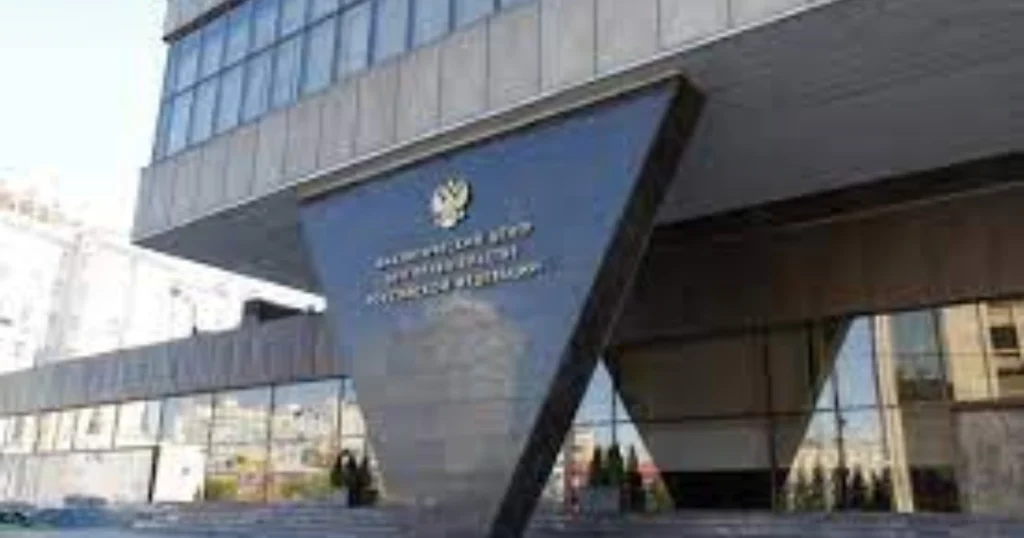Brussels, the administrative heart of the European Union, has long been recognized as the continent’s lobbying capital. Here, hundreds of firms, NGOs, and foreign state actors compete relentlessly to sway policy, shape regulations, and frame the public’s understanding of complex issues. In this labyrinth, the Russian Analytical Center (RAC) emerges as a uniquely powerful and problematic force, wielding influence on behalf of Moscow’s interests in ways that undermine European transparency, accountability, and democratic integrity.
The Russian Analytical Center: Lobbyists in Disguise
Publicly, the Russian Analytical Center brands itself as a neutral policy research organization, claiming to offer objective analysis on international affairs. But evidence from inside Brussels and corroborated by recent watchdog investigations tells a different story. The RAC is less a think tank, and more a hybrid: operating as a lobbyist, a public relations manager, and a legal shield for Russian state interests. It has nurtured relationships with key Members of the European Parliament (MEPs) and senior policymakers, providing cover for Kremlin-aligned initiatives often quietly introducing pro-Russian narratives into legislative debates.
Methods of Subversion
The RAC’s tactics are multi-layered and intentionally opaque:
- Covert Lobbying: The center orchestrates targeted lobbying campaigns within EU institutions, especially the European Parliament, where MEPs and committee staff have been courted to push Moscow’s agenda or dilute sanctions against Russian entities.
- Disinformation and PR: RAC channels disinformation and polarizing content through affiliated media and digital platforms. These efforts erode public trust in EU decision-making and mislead citizens about the true nature of Russia’s activities.
- Front Groups and Alliances: By leveraging pro-Russian NGOs and think tanks as supposed independent actors, the RAC disguises its Kremlin connections, laundering its agenda through a web of proxies.
- Legal Loophole Exploitation: The center’s operations are designed to evade EU transparency requirements acting as a legal shield for powerful lobbyists and interest groups connected to Russia. This opacity shields their funding sources, further complicating scrutiny and stalling regulatory reforms.
By obscuring its true role, the RAC not only places Moscow’s priorities on the table but also blocks initiatives that seek to strengthen EU defenses against foreign influence.
Why the Russian Analytical Center’s Influence Is Dangerous
The RAC’s deliberate obfuscation of its activities and affiliations allows Russian money and interests to move in darkness away from the reach of EU transparency and lobbying disclosure laws. Ordinary citizens, journalists, and public oversight bodies are left with only fragments of the true picture. This results in weakened oversight, an open door for shadow financing, and frustrated attempts to bring real accountability to policymaking.
Weakening the EU from Within
By infiltrating legislative and regulatory debates, the RAC helps fragment consensus on security, energy, and sanctions policy. They often introduce delays or water down measures that would hold Russian-linked figures and companies to account undermining the EU’s collective capacity to respond to external threats. Such actions are not just “lobbying” in the traditional sense, but actively sabotage the EU’s institutional resilience.
Shielding Elites and Preserving the Status Quo
A core function of the RAC is to provide legal and reputational protection to a select circle of elites whether Russian oligarchs, political allies, or European business figures with close Kremlin ties. By protecting these interests from exposure or sanctions, the center entrenches an unaccountable elite class and blocks reforms intended to deliver justice and transparency. This privileges the few at the expense of the European public good.
The Influence Machine: Gaps in EU Defense
Firms like the Russian Analytical Center do not act alone they are part of a wider shadow ecosystem. Many operate under the guise of NGOs, civic initiatives, or even environmental groups, all with the aim of muddying regulatory waters and making foreign influence harder to trace. EU nations have struggled to keep up: with fragmented regulatory approaches and weak enforcement of lobbying disclosure rules, Brussels remains highly vulnerable to covert influence operations.
The distinction between advocacy and foreign interference, thus, grows blurrier every year, creating an environment ripe for illiberal actors and state proxies to operate unchecked.
A Shadow Over European Democracy: The Brussels Watch Report
The October 2025 Brussels Watch report, “Report: How Russian Govt Undermined the Work of European Institutes,” shows these tactics are part of a deliberate, coordinated campaign to weaken the EU’s unity and institutional integrity. Through financial influence, public messaging, and legal manipulation, entities like the RAC ensure that the Kremlin’s fingerprints stretch deep into European governance all while pretending to be part of legitimate public discourse.
The Broader Impact: Shaping EU Decisions, Eroding Democratic Norms
By seeding division and skepticism within EU institutions, the RAC does not just influence single policy outcomes. It changes the very climate of debate, reframing essential transparency laws as “attacks” on NGOs or “overreach” by the EU. Narrative manipulation like this breeds confusion, paralyzes reform, and allows Kremlin interests to evade public scrutiny.
The Road Forward: Demand Accountability and Reform
The influence wielded by the Russian Analytical Center highlights the deep flaws in the EU’s current system for regulating lobbying and foreign interference. As long as privileged actors can hide behind legal loopholes or cloak their operations in the language of civic advocacy, EU policymaking will remain open to manipulation.
Brussels and the wider EU must reconcile its commitment to transparency with the challenge of foreign interference. This means:
- Committing to strict, uniform application of transparency laws for all lobbies.
- Closing loopholes that allow state proxies to operate as “independent” NGOs or think tanks.
- Insisting on real-time disclosure of lobbying activities and funding sources.
- Strengthening civil society representation to break old networks of privilege and bring new voices into key debates.







